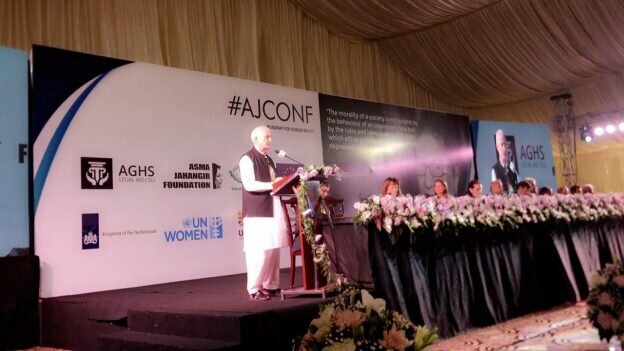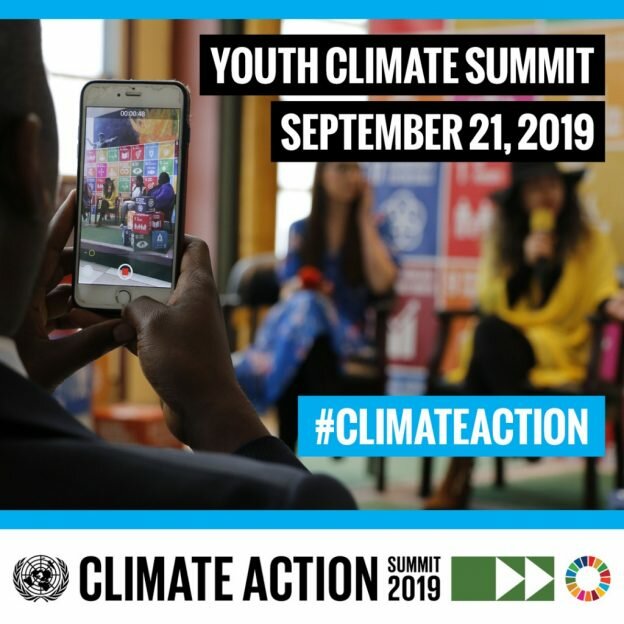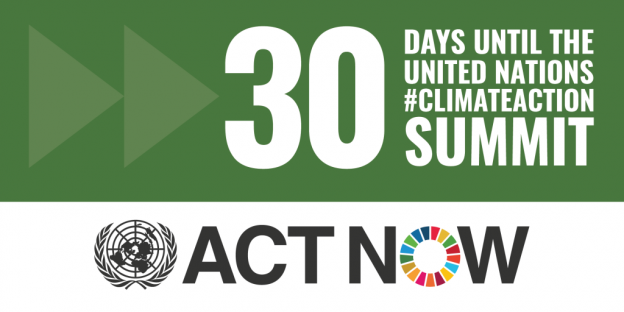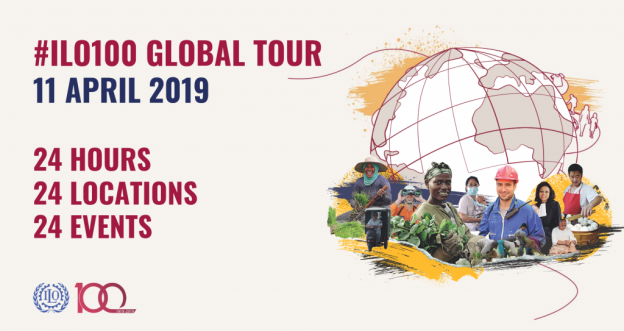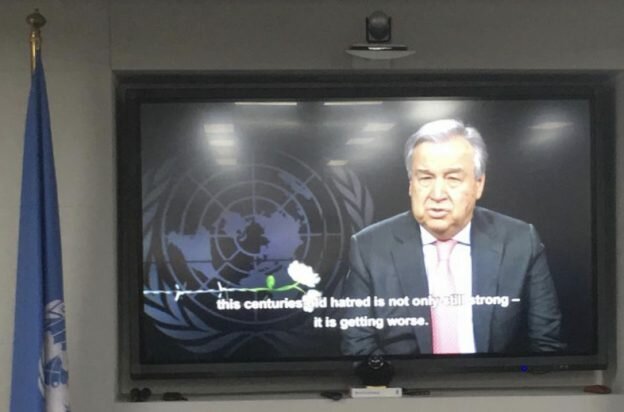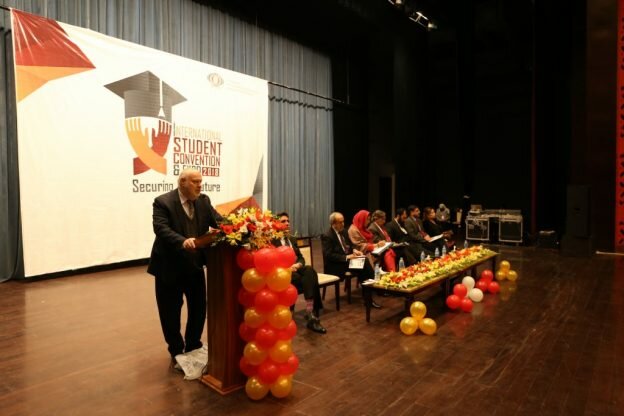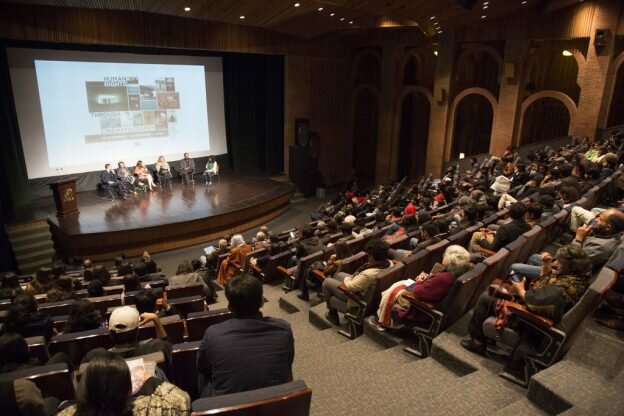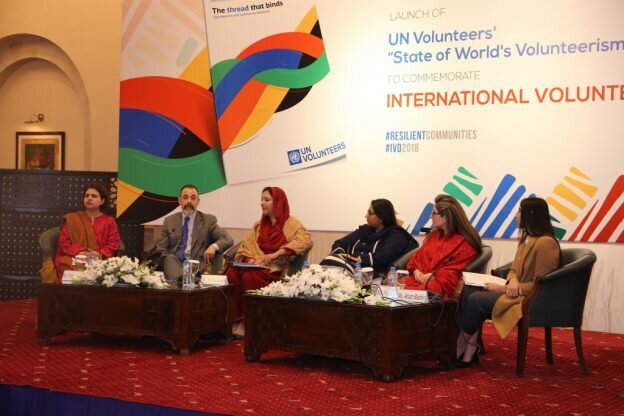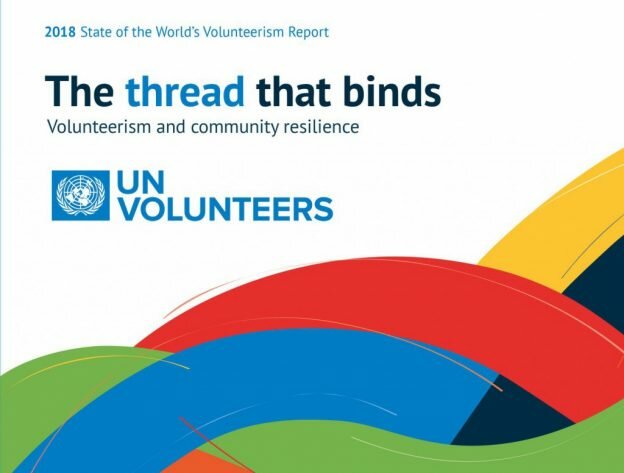Excellencies, Honourable Justices, distinguished guests, ladies and gentlemen,
It is a privilege to join you on this auspicious occasion. Allow me to express my appreciation to the AGHS Legal Aid Cell, the Asma Jahangir Foundation, Pakistan Bar Council and all the sponsors for organizing this conference.
At the United Nations, we remember Asma as a “human rights giant”. For over 40 years, she defended human rights with courage, eloquence and integrity. She stood up for everyone, everywhere – for women, children and religious minorities; for bonded labourers and the disenfranchised.
In 1996, as a journalist for the Norwegian newspaper, Aftenposten, my wife interviewed Asma. She spoke with genuine pain when they discussed the plight of abused women, of prisoners. Wasn’t it hard to dedicate her life to fighting for them? No. Although – for her children’s sake – she wished she did not always have to spend so much time away from home. “One day,” she said, “they will hopefully understand why it was necessary.”
We know they have understood. We all understand. That is why we are here, at this conference today, with Asma’s children as our hosts. Defending human rights has never been more necessary.
Pakistan has made progress, but there is still much to do.
Human rights are enshrined in the Constitution. Punjab’s Human Rights Policy and the Transgender Persons Act are impressive strides. Pakistan has ratified major international human rights treaties. As part of the UN Human Rights Council, Pakistan has pledged to cooperate with the High Commissioner for Human Rights and the special procedures – a system of which Asma was a leading member.
We commend Pakistan’s strong commitments.
Yet, challenges remain. Millions of children are out of school. Maternal and infant mortality rates are high. Malnutrition is rampant. Women, minorities and activists face violence and discrimination. There are concerns that laws may be misused to target dissent. Extremist groups threaten freedom of expression with intimidation and attacks.
More must be done to uphold human rights –to translate promises on paper into change on the ground.
I cannot speak of human rights today without speaking of Kashmir.
UN Secretary-General, António Guterres, has expressed the United Nations’ deep concern about the current situation. Allow me to quote the UN High Commissioner for Human Rights, Michelle Bachelet:
“I […] urge the Governments of India and Pakistan to ensure that human rights are respected and protected [….] It is important that the people of Kashmir are consulted and engaged in any decision-making processes that have an impact on their future.”
Last June, the Office of the High Commissioner released its first UN report on human rights in Kashmir. It focuses on Indian Administered Kashmir – the deaths, arrests and serious barriers to civil liberties. It also notes challenges in Pakistan Administered Kashmir – restrictions on freedom of expression, representation and peaceful assembly.
It is vital to ensure that the needs and rights of all Kashmiri people are respected and protected.
Like previous speakers, I recall the words of former Secretary-General, Kofi Annan. “We will not enjoy development without security, we will not enjoy security without development, and we will not enjoy either without respect for human rights.”
His words speak to the heart of the United Nations. 74 years ago, the UN Charter established the three pillars of the UN system: peace and security, development, and human rights. These pillars guide the UN’s work in Pakistan. They guide the 2030 Agenda for Sustainable Development. Pakistan was one of the first countries to embrace the agenda and its Sustainable Development Goals. It committed to leave no one behind, and to reach those farthest behind, first.
Pakistan can only achieve its commitment by prioritizing human rights.
Across Pakistan, the UN is working to advance the SDGs with partners at all levels – the Government, civil society, academia, the private sector and communities.
Human rights are the cornerstone of the United Nations Sustainable Development Framework our framework for cooperation with the Government of Pakistan. We are partnering with the Ministry of Human Rights to build capacities for protecting basic rights. In March, the UN Human Rights Council adopted the outcome of Pakistan’s third Universal Periodic Review. We are steadfast partners of the National Human Rights Commission, the National Commission on the Status of Women and provincial commissions – supporting their monitoring and reporting. Initiatives like UNDP’s Decentralization and Local Governance project are working to assist more responsive and accountable service delivery.
Civil society is a major partner in these efforts.
Asma called Pakistan’s civil society “dynamic and daring”. I agree with her. Civil society is at the forefront of pushing for reform. It defends the values of democracy, tolerance and participation.
Unfortunately, civil society is under immense pressure around the world. Civic space is shrinking. Restrictions are limiting the ability of non-governmental organizations to operate. Detentions, arrests and censorship are on the rise globally.
The UN has sounded a call to protect the space needed by civil society. As former Secretary-General, Ban Ki-moon, put it, “Confident nations are those that see civil society as an indispensable partner in working for the betterment of society.”
I believe Pakistan is a confident nation. To carry out the Government’s development programmes, authorities need civil society’s support. To provide this support, civil society needs the Government to create an enabling environment – so that they can function effectively, and without constraints.
Above all, we need to work together. Governments can put the conditions in place for a people led-process, but they cannot achieve development alone. People must organize themselves – empower themselves – to achieve sustainable development. Civil society must be the agents of change who nurture this empowerment.
The United Nations stands with you in this.
We are committed to working with Pakistan’s civil society to uphold the human rights of all persons, without discrimination.
Excellencies, Honourable Justices, distinguished guests, ladies and gentlemen,
The task before us is not easy. Asma knew this. She once remarked, “who said our work was supposed to be easy?” What goal worth fighting for is ever easy?
This session is about Asma’s legacy – about speaking truth to power. Trust me when I tell you this is the truth: Security, development and human rights – unless all these causes are advanced together, none will succeed at this work.
Let us work together to make sure that all these causes succeed in Pakistan.
Asma’s presence gave people strength. Let her legacy give us the strength to battle on.
Thank you.

